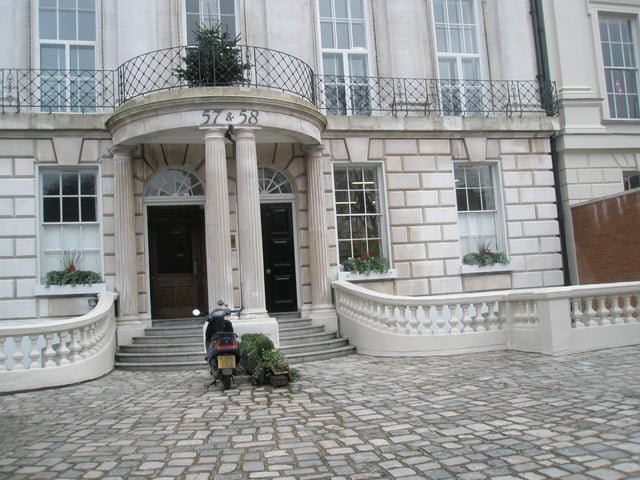The historic reform grants same-sex couples who were limited to civil unions full marital rights, and allows them to adopt children.
A landmark decision has been made on the 30th of June 2017 by the German Parliament. German lawmakers have voted to allow same-sex marriage, essentially giving same-sex couples the same marital rights as opposite-sex couples, including the right to adopt children.
The result came after Chancellor Angela Merkel allowed her party members to vote based on their conscience, and to not follow party lines.
Chancellor Merkel voted against the measure, saying that ‘marriage is between a woman and a man‘, realising, nevertheless, that her vote is a personal one.
This, although she recently said that a meeting with a lesbian couple had been significant in swaying her stanceThe law passed by 393 to 226 votes, with four abstentions.
The bill will need to pass through Germany’s upper house, the Bundesrat, but it is doubtful that the Bundesrat will oppose the bill.
When the bill becomes a law, Germany will officially become the 14th European country in which same-sex marriages are legally recognised and performed, adding to a growing list of good tidings that have greeted the LGBT community over the past year or so.
This is a month of great developments for the LGBT+ community in Germany, as last week, the German Parliament had voted to void the convictions of 50,000 men punished under an anti-gay law repealed in 1994.
Martin Schulz, SDP leader and President of the European Parliament, and Guy Verhofstadt, President of the Alliance of Liberals and Democrats for Europe, both warmly welcomed the passing of the bill.
Progress is possible. As the 23rd country on earth, we now have marriage equality in Germany. I'm happy for all the married couples to-be.
— Martin Schulz (@MartinSchulz) June 30, 2017
Everyone should be able to love the person they want to love. Wonderful news from Germany! #Ehefüralle 🏳️🌈 pic.twitter.com/vj5l3jlbUa
— Guy Verhofstadt (@guyverhofstadt) June 30, 2017
Despite the fact that Chancellor Merkel opposed the bill, bringing to the forefront her worries about ‘children’s welfare‘ if same-sex marriage is legalised, it seems that this will increase her popularity in several quarters. In fact, it is almost certain that the law will secure for her party, the CDU, as well as that of her coalition partner, the SDP, support for September’s upcoming elections.
Considerable support is expected from LGBT+ groups across the country, who have been placing increasing pressure on the German Parliament to allow same-sex marriage, especially because civil unions were recognised since 2001.
However, former members of her conservative party who objected to her open-door policy to asylum seekers accused her of betraying principles for political advantage, while some of her opponents see her capitulation as a sign of her weakening in leadership.
The AfD meanwhile, called out Merkel for what they saw as a betrayal of conservatism. The Catholic Church in Germany has expressed regret, pointing out that same sex cohabitation could have been designed differently and it is reported that her decision has also raised the ire of some in her traditional catholic base.
Members of the general public are also less likely to see Chancellor Merkel as an anachronistic leader, as three-quarters of Germans support same-sex marriage.








Article Discussion